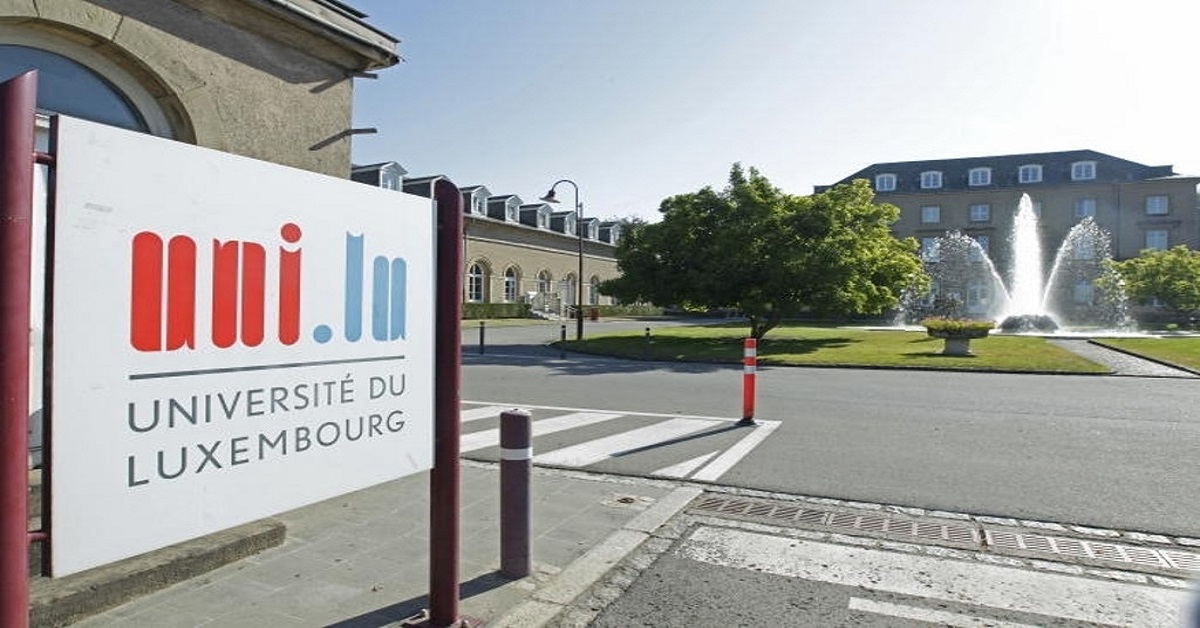
Chronic Lymphocytic Leukemia (CLL) represent the most frequent leukemia in adults. Despite recent advances in treatments, CLL remains a deadly incurable disease. This cancer is caracterized by an accumulation of abnormal, apoptosis resistant, B lymphocytes in the blood and lymphoid organs of the patients. CLL progression is highly dependent on complex interactions between tumor cells and their microenvironment. Indeed, CLL cells can modify stromal cells and immune cells to promote their survival and to escape from the immune surveillance system.
Objectives. Our team focuses on the mechanisms leading to leukemia progression, in particular the influence of CLL cells on stromal cells and immune cells located in their microenvironment, with the goal to identify new prognostic markers and therapeutic targets.
Training and research environment. Tumor Stroma Interactions research group is a dynamic and multinational team whose current members originate from France, Belgium, Luxembourg, Spain, Germany, Italy and Argentina. It belongs to the Department of Cancer Research, whose research activities focus on the cellular and molecular mechanisms of tumor progression using a wide range of cutting edge technologies, including genomic, transcriptomic and proteomic analyses, as well as in vitro and in vivo imaging modalities using state-of-the art animal models for cancer research. The post-doctoral researcher will be working on a large FNR CORE-funded project that aims to explore the complex interplay between CLL cells and immune cells in the microenvironment, and will be co-supervised by Dr. E. Moussay (PI) and Dr. J. Paggetti (PI).
Recent related references (open access): Paggetti J, et al. Exosomes released by chronic lymphocytic leukemia cells induce cancer-associated fibroblast formation.Blood 126(9):1106-17.
Wierz M, et al. Dual PD1/LAG3 immune checkpoint blockade limits tumor development in a murine model of chronic lymphocytic leukemia. Blood 131(14):1617-1621. (IF:23.8
KEY SKILLS, EXPERIENCE AND QUALIFICATIONS
- PhD in Biomedical Sciences or Immunology. Prior experience in cancer research would be an advantage.
- Experience in cell culture, biochemistry, molecular biology, imaging, flow cytometry, and mouse experimentation techniques required.
- Animal experimentation diploma (FELASA or equivalent) would be considered as an asset.
- Excellent time management, rigour, perseverance, scientific creativity and originality, writing skills, sense of priority and ability to work with others.
- Fluency in English is mandatory.
RESEARCHERS ARE SUPPORTED BY EASY ACCESS TO SCIENTIFIC EXPERTISE, WELL-EQUIPPED FACILITIES, AN ACTIVE SEMINAR PROGRAM AS WELL AS THE POSSIBILITY FOR CLOSE COLLABORATIONS WITH UNIVERSITIES AND OTHER RESEARCH INSTITUTES
MORE INFORMATION ABOUT THE GROUP CAN BE FOUND HERE : HTTPS://TSI.LIH.LU
SCIENTIFIC CONTACT
Dr. Jérôme PAGGETTI, PhD
6, Rue Nicolas-Ernest Barblé
L-1210 LUXEMBOURG
IN SHORT…
- Contract type: 2-year fixed-term contract
- Salary: as of 61,5K/year
- Work hours: Full time
- Location: Luxembourg
- Start date: September 22
- Ref: VD/PDRLR0522/JP/TSI
HOW TO APPLY
Applications including a cover letter indicating your motivation for the project, relevant experience and future interests; a curriculum vitae, a copy of diplomas and the transcripts of the results should be sent before 1 October 2022 through our website via the apply button below.
Please apply ONLINE formally through this web page.
Applications by email will not be considered.





